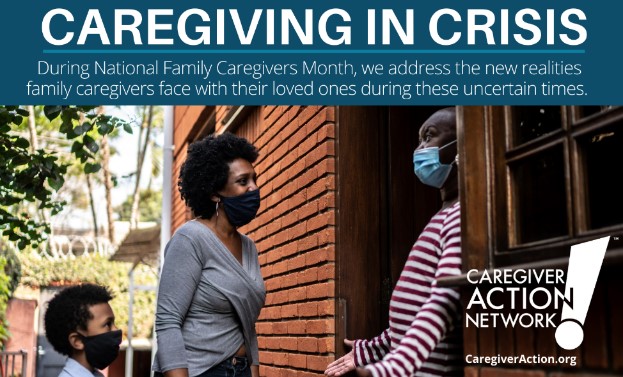
What is a video appointment? Is it the same as telehealth? Is this even a real doctor’s visit? Is it covered by insurance? What if my loved one doesn’t have a smart phone or a computer?
These are only a few of the many questions surrounding the use of telehealth during the pandemic. In addition to everything else they do to take care of their loved ones, family caregivers now have to be the Geek Squad tech experts for video visits.
Many clinicians have adapted to using video visits better than they thought they would, with some reporting that they are engaging caregivers and family members in new ways. And while we all may miss in-person visits, for some, telehealth is easier and safer than in-person visits and are highly effective at reducing the risk of infection.
As one doctor put it: “I did not think I would like telehealth, but I love it. I have met family members, engaged family in treatment, and even gotten a tour of a patient’s new apartment. It’s really shifted the relationship to be less hierarchical and more inclusive of those with disabilities or other barriers to care.”
From a caregiver’s perspective, while virtual visits are great, there is still some room for improvement. Some of the video conferencing platforms or health system policies do not allow a caregiver to join a visit from a third location. Pre-COVID-19, caregivers who drove a loved one to the doctor’s office would have been in the room during the appointment, serving as another set of eyes and ears. Caregivers help report symptoms, express concerns and ask questions. Without their caregiver’s present, some patients may be left confused, or unable to manage their own care.
Family caregivers need to be able to engage in a virtual visit the same way they would if they were in the exam room with their loved one, and health insurance, including Medicare and Medicaid, needs to continue to pay for virtual visits and to allow family caregivers to connect to virtual visits from a third location if necessary.
The current, temporary waiver that allows Medicare to pay for telehealth for all enrollees should be made permanent. As policymakers consider extending and further expanding telemedicine capabilities, they should consider the role of caregivers. Caregivers are vital to ensuring adherence to their loved one’s care plan.
_____________________________________________________________________________
John A. Schall, M.P.P. (Chief Executive Officer, Caregiver Action Network)
Caregivers can call Thrive Alliance at 812-372-6918 to get connected to local resources.
Watch this space next Monday for information on another caregiving challenge: When Caregiving, Coronavirus, and Finances Collide: millions of family caregivers are currently experiencing some sort of financial hardship related to unemployment due to the pandemic.
